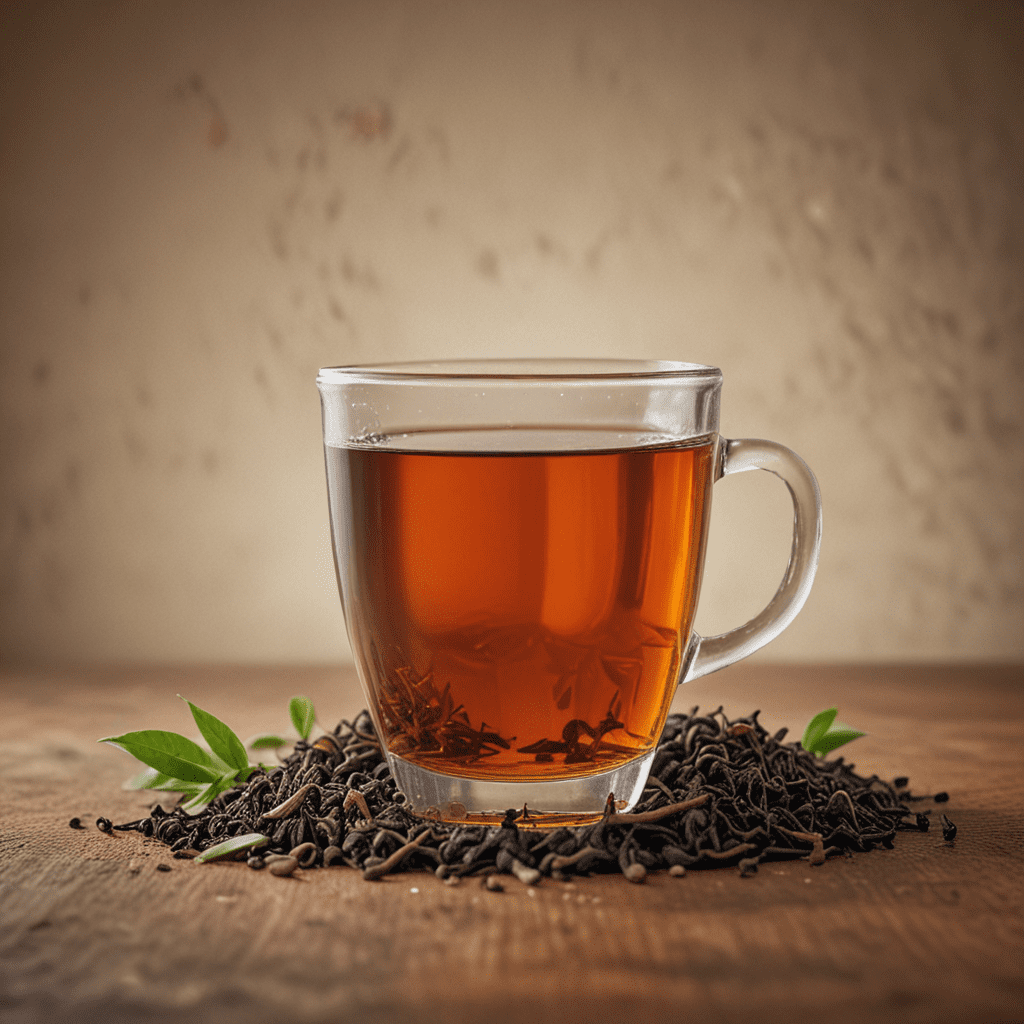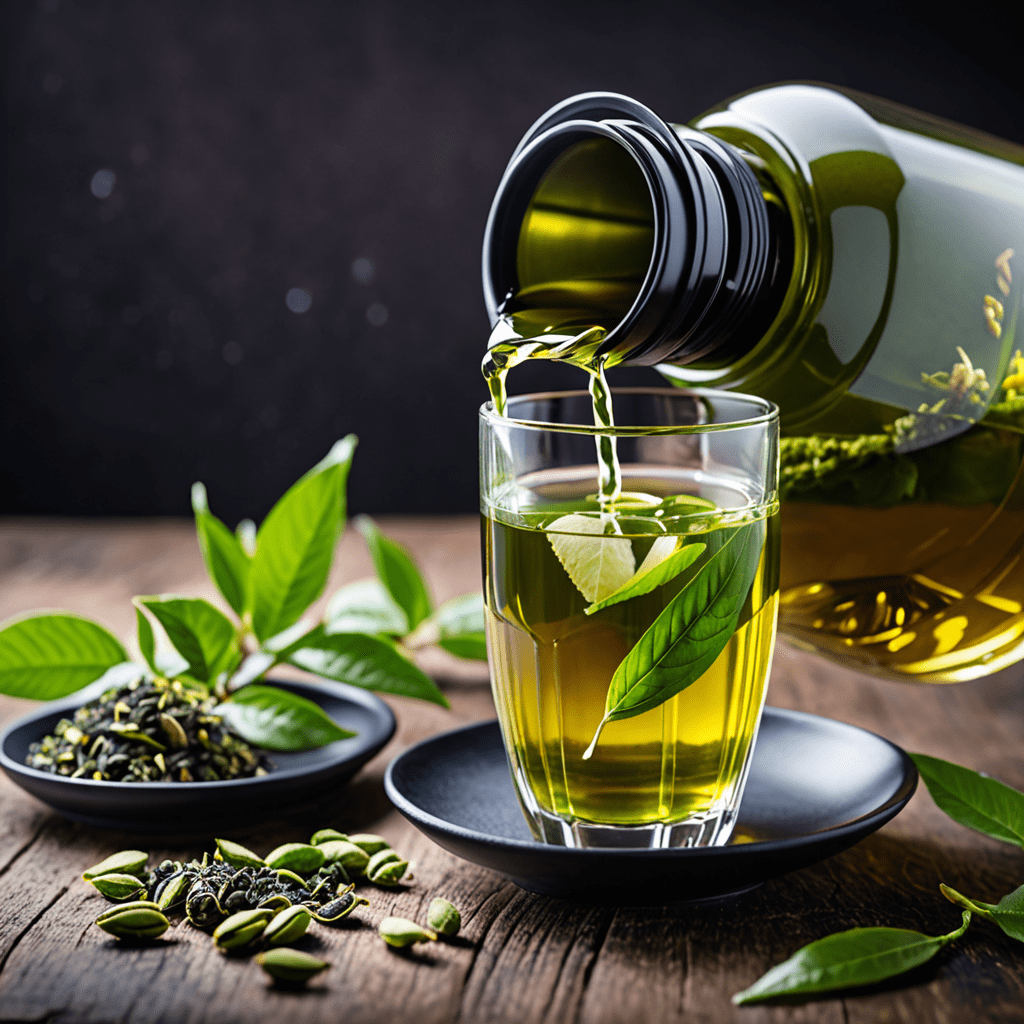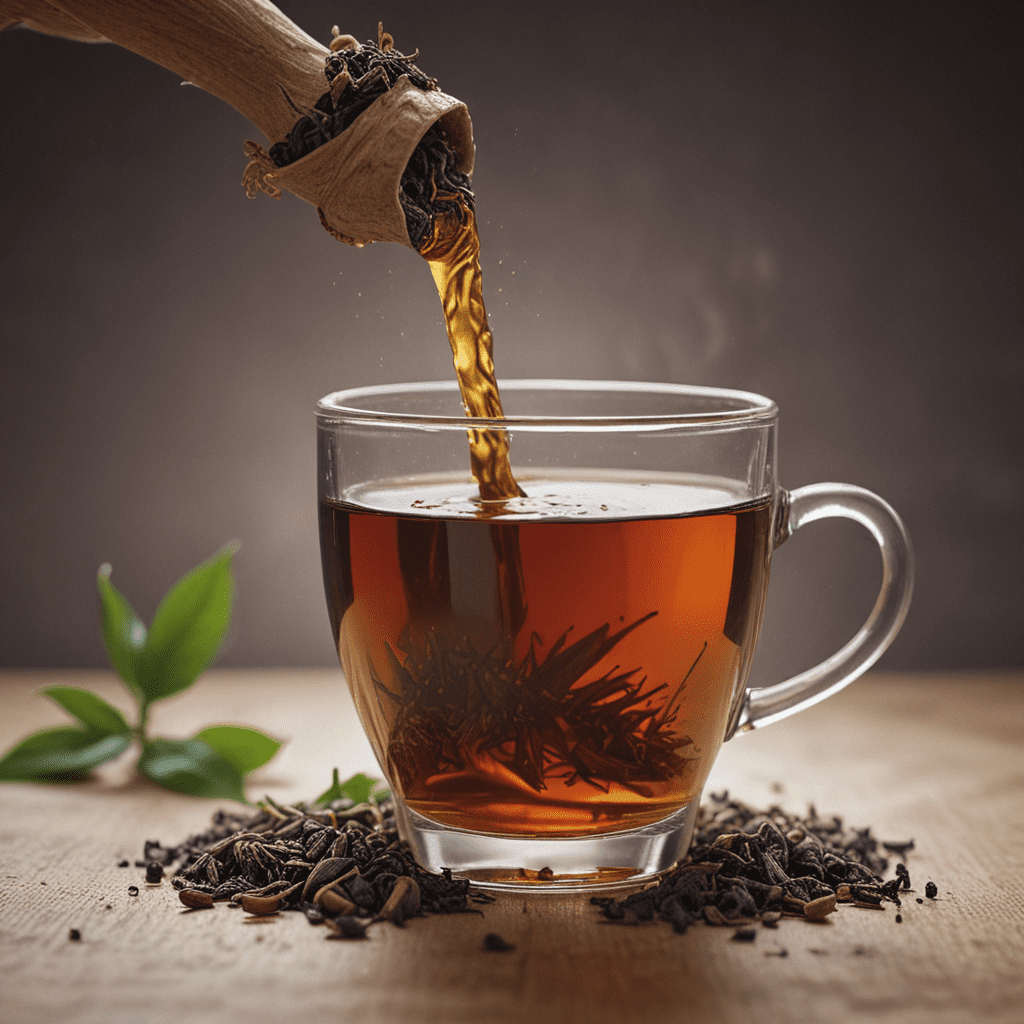Introduction
Assam tea, renowned for its robust malty flavor and rich amber hue, has captivated tea enthusiasts worldwide. Grown in the picturesque Brahmaputra Valley of Northeast India, this aromatic beverage holds a cherished place in the annals of tea history and remains a beloved staple in countless teacups across the globe.
Historical Origins of Assam Tea
The discovery of Assam tea dates back to the 19th century, when British tea planters stumbled upon wild tea plants flourishing in the region. Recognizing the vast potential of these indigenous plants, they began cultivating and processing Assam tea in earnest. By the mid-1800s, the first commercial tea gardens had been established, laying the foundation for the thriving tea industry that Assam is renowned for today.
Cultivation and Harvesting
Assam tea plants thrive in the region's warm, humid climate and rich, well-drained soil. The Brahmaputra River provides a life-giving source of irrigation, ensuring optimal growing conditions throughout the year. The traditional method of cultivation involves plucking the two youngest leaves and the bud of the tea plant, known as the "two leaves and a bud" technique. This delicate harvesting process ensures the highest quality and flavor profile in the final brew.
Varieties and Flavors
The diverse terroir of the Brahmaputra Valley gives rise to a wide range of Assam tea varieties, each boasting its own unique flavor characteristics. From the classic Assam TGFOP (Tippy Golden Flowery Orange Pekoe) to the more nuanced Assam Orthodox, there is a tea to suit every palate. The region is also known for producing specialty teas, such as Assam Green and Assam White, which offer distinct and refreshing flavor profiles.
Health Benefits of Assam Tea
Beyond its tantalizing taste, Assam tea is also revered for its numerous health benefits. Rich in antioxidants and polyphenols, it has been shown to boost immunity, reduce inflammation, and protect against chronic diseases. Additionally, Assam tea is known to improve digestion, promote relaxation, and enhance cognitive function.
6. Regional Significance and Cultural Impact
Assam tea is deeply intertwined with the cultural fabric of the region. It is an integral part of daily life, from morning wake-up calls to evening gatherings. The tea industry has played a pivotal role in shaping the economy and society of Assam, providing employment and contributing significantly to the local economy. The region's tea gardens are also popular tourist destinations, offering visitors a glimpse into the process of tea cultivation and production.
7. Assam Tea Production and Export Industry
Assam is renowned as one of the largest tea-producing regions in the world. The industry is highly organized, with the Assam Tea Board overseeing the production and marketing of tea in the region. Assam tea is exported to over 100 countries worldwide, contributing significantly to India's tea exports. The global demand for Assam tea stems from its exceptional quality and unique flavor profile.
8. Sustainable Tea Farming Practices
In recent years, there has been a growing emphasis on sustainable tea farming practices in Assam. Tea plantations are adopting techniques such as organic farming, agroforestry, and water conservation to protect the environment and ensure the long-term sustainability of the industry.
9. Tea Tourism and Festivals
Assam tea gardens are increasingly becoming popular destinations for tea tourism. Visitors can explore the picturesque plantations, learn about the tea-making process, and sample a variety of teas firsthand. Several tea festivals are held throughout the year in Assam, attracting tea enthusiasts and tourists alike. These festivals celebrate the region's tea heritage and provide a unique opportunity to experience the culture and flavors of Assam tea.
10. Exploring the Taste and Aromas of Assam Tea
The flavor and aroma of Assam tea are second to none. The classic Assam TGFOP offers a robust malty flavor with hints of caramel and chocolate. Assam Orthodox teas exhibit a more nuanced and complex flavor profile, characterized by notes of honey, spice, and wood. Assam Green and White teas offer a refreshing and delicate experience, showcasing the subtle flavors and aromas of the tea leaves.
FAQs
- What is the difference between Assam TGFOP and Assam Orthodox tea?
Assam TGFOP (Tippy Golden Flowery Orange Pekoe) is a type of black tea that is graded based on the size and quality of its leaves. It is known for its robust malty flavor. Assam Orthodox, on the other hand, refers to a traditional method of tea processing that involves rolling and oxidizing the tea leaves to produce a more nuanced and complex flavor profile.
- What are the health benefits of Assam tea?
Assam tea is rich in antioxidants and polyphenols, which have been shown to boost immunity, reduce inflammation, and protect against chronic diseases. Additionally, Assam tea can improve digestion, promote relaxation, and enhance cognitive function.
- How to brew the perfect cup of Assam tea?
To brew the perfect cup of Assam tea, use freshly drawn water and allow it to cool slightly before pouring it over the tea leaves. Use 2-3 grams of tea leaves per cup and steep for 3-5 minutes, depending on your desired strength. Add milk or sugar to taste.



